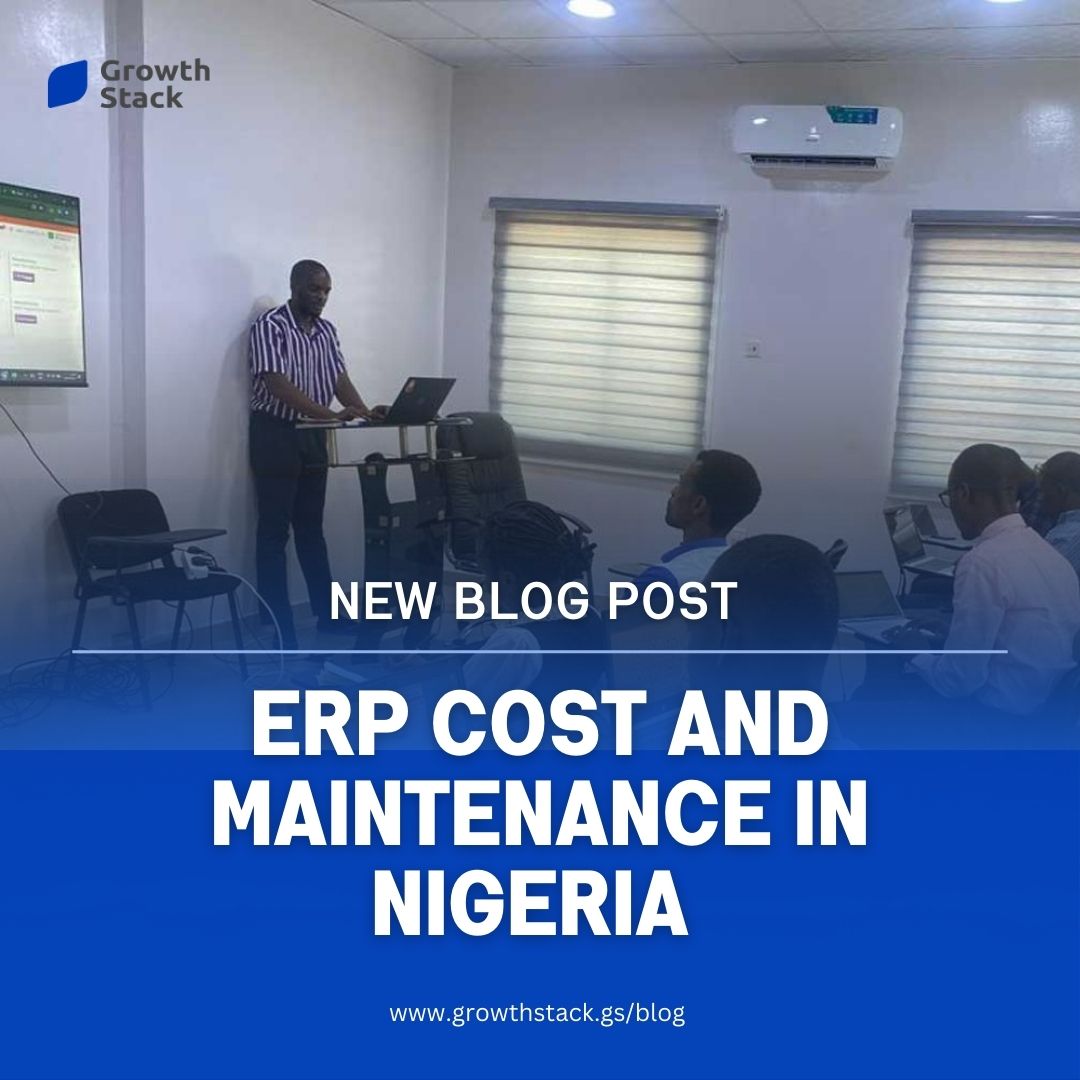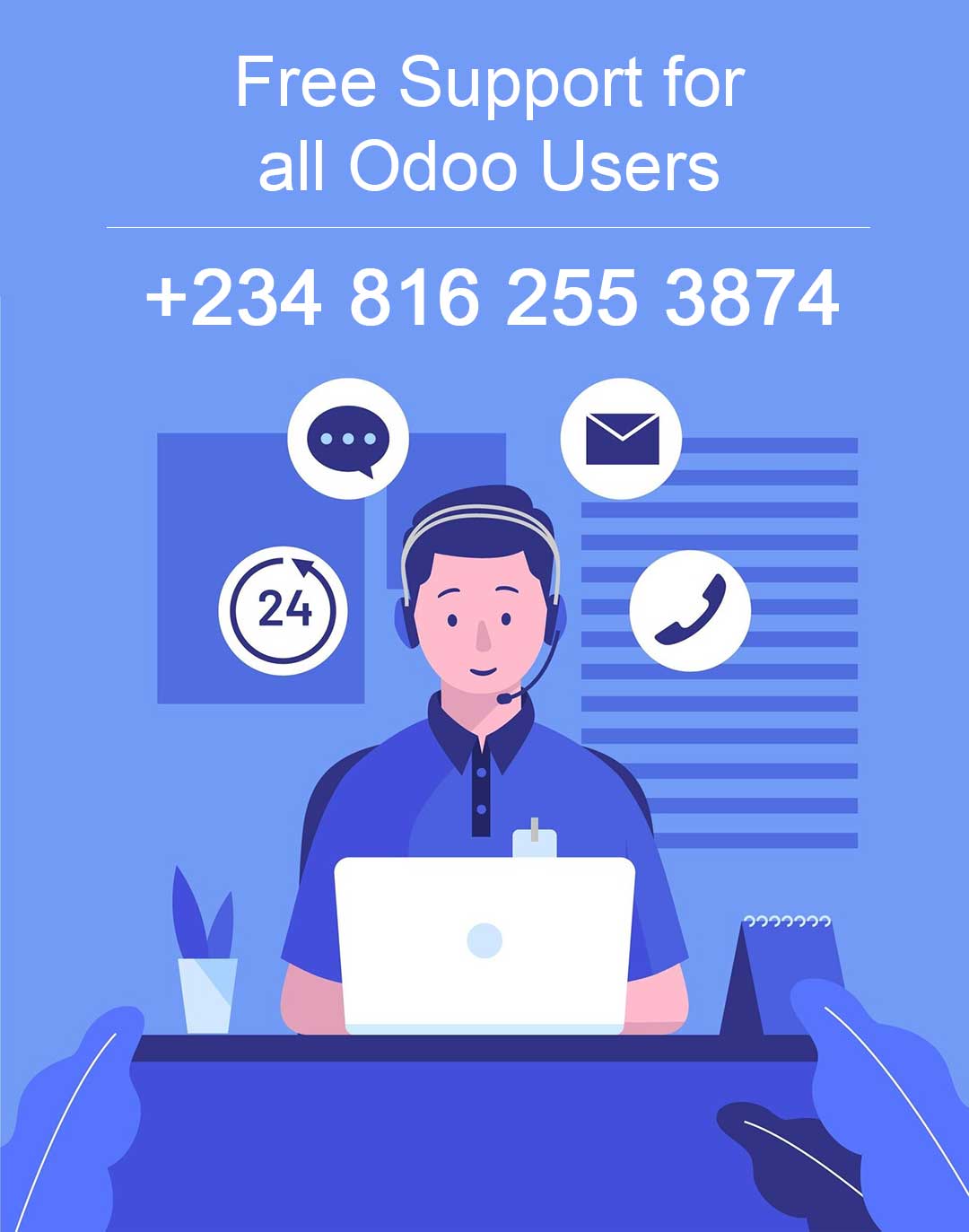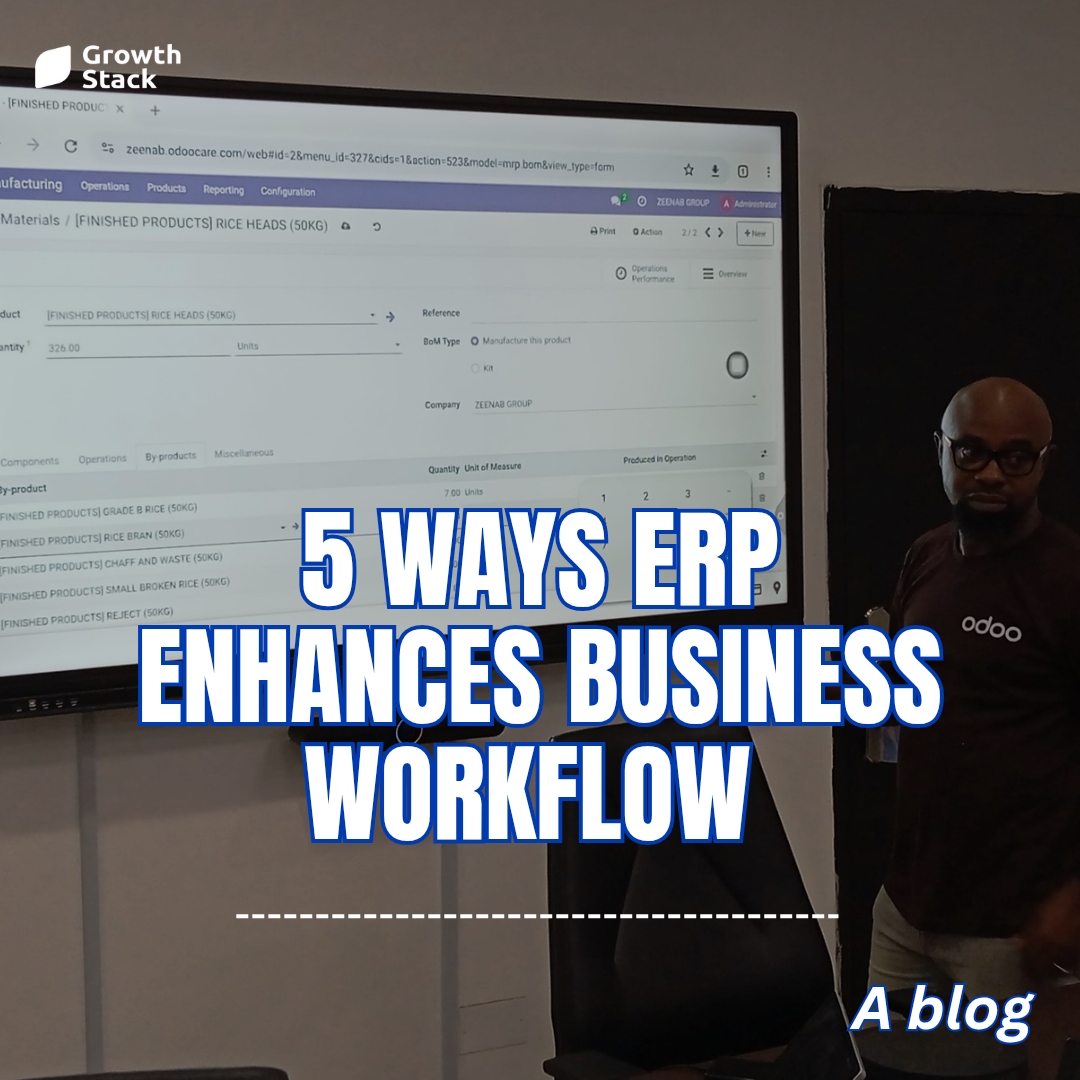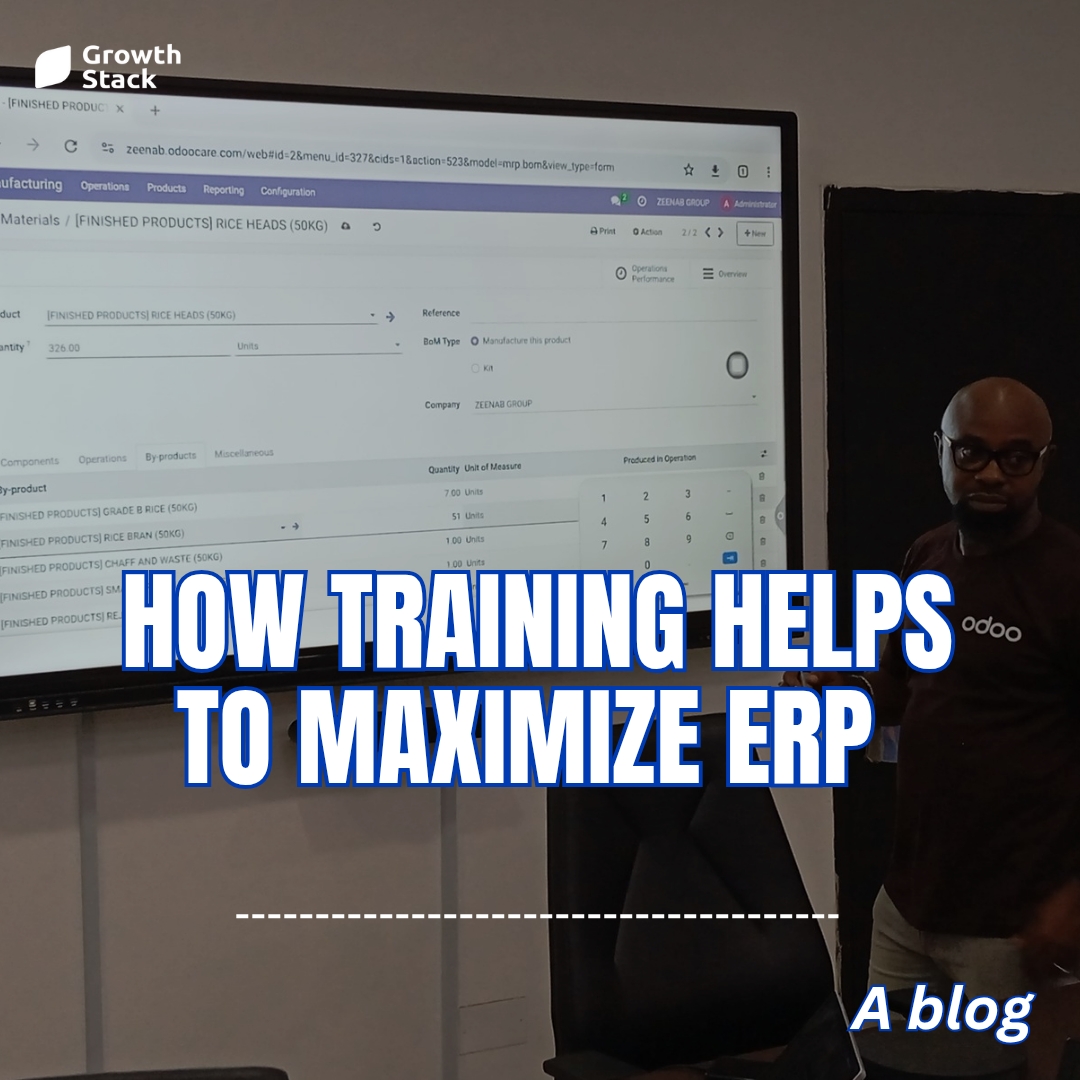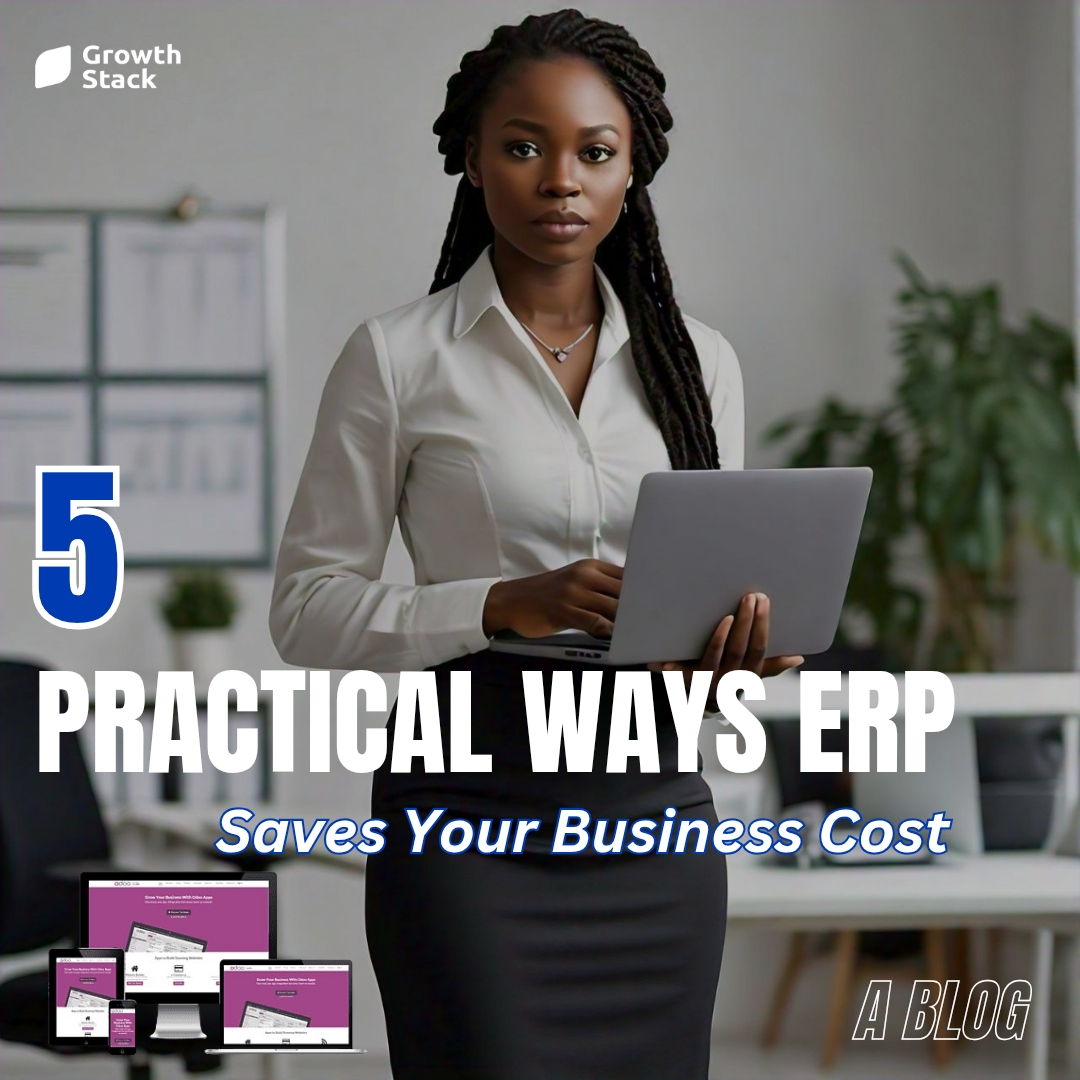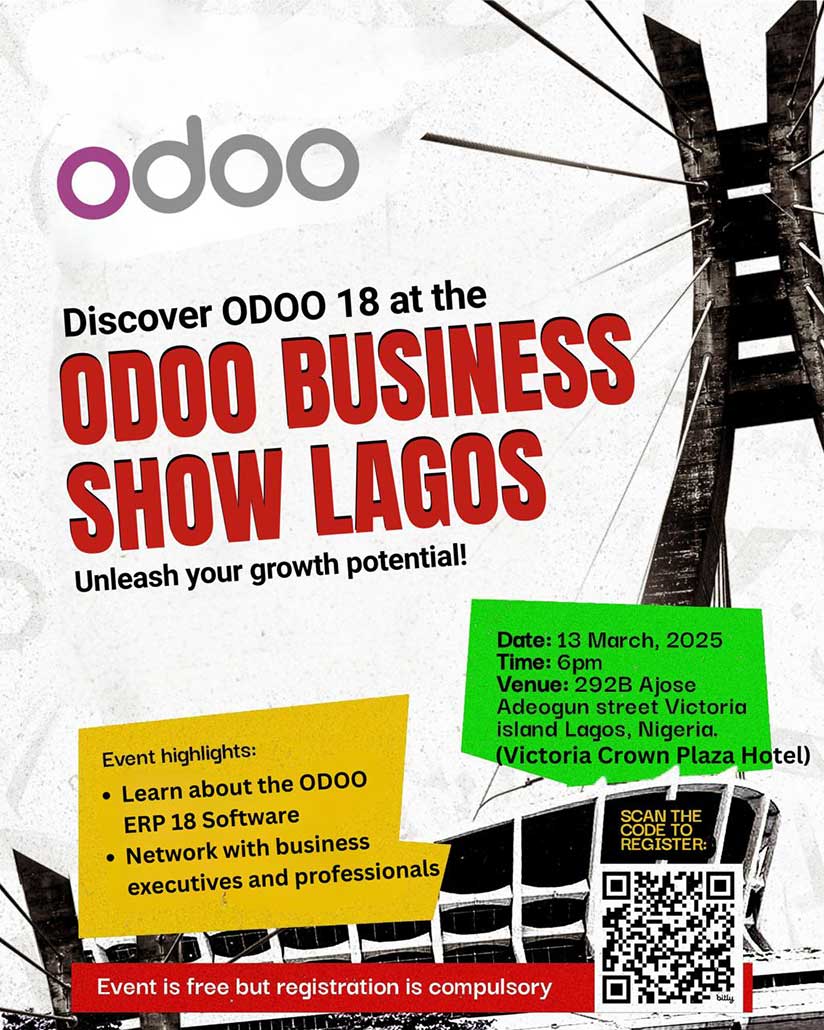Implementing an Enterprise Resource Planning (ERP) system can be transformative for Nigerian businesses, improving efficiency, centralizing data, and automating processes. However, understanding ERP cost and maintenance in Nigeria is essential to make an informed decision. Not all ERP solutions are created equal; some come with high initial costs, ongoing maintenance fees, and limited local support. Here’s a guide to ERP cost, maintenance, and why Odoo ERP stands out as the best solution for businesses in Nigeria.
Understanding ERP Cost in Nigeria
The ERP cost in Nigeria varies widely, depending on factors like software type, business size, number of users, and customization needs. ERP cost generally includes several components:
- License Fees: These are initial charges for using the software. Some ERP systems have high upfront licensing fees, making them less accessible for small and medium-sized businesses.
- Implementation Cost: This involves setup, installation, and customization to ensure the ERP aligns with your unique business requirements.
- Training Fees: Employee training is essential to ensure everyone is familiar with the new system. Some ERPs require extensive training, adding to the overall cost.
- Ongoing Subscription or Support Costs: Many ERP systems come with recurring fees for updates, cloud hosting, and technical support.
Odoo ERP is an excellent choice for businesses looking for affordable ERP solutions in Nigeria. Odoo offers a modular approach, allowing companies to only pay for features they need, making it a cost-effective solution.
Maintenance and Support Requirements for ERP Systems
Regular ERP maintenance is essential to ensure the system operates smoothly, remains secure, and adapts to changing business needs. Maintenance costs may include:
- System Updates and Patches: ERP systems need frequent updates to stay secure and efficient. Neglecting these updates can lead to security vulnerabilities.
- Technical Support: Access to skilled technicians for troubleshooting and adjustments is crucial, especially during downtime.
- Scalability: As your business grows, your ERP needs to grow with it. Many traditional ERP systems require costly upgrades for scalability.
Why Odoo ERP Stands Out in Maintenance
Odoo ERP is known for its minimal maintenance requirements and a simple user-friendly interface. It’s cloud-based, so updates are automated, reducing the manual maintenance workload. Furthermore, Odoo has a vast network of local partners in Nigeria who provide technical support, making it easier to troubleshoot and scale.
For more details on Odoo’s offerings, check out this comprehensive Odoo ERP guide.
Benefits of Choosing Odoo ERP for Nigerian Businesses
When evaluating ERP cost and maintenance in Nigeria, Odoo ERP is an excellent choice, especially for Nigerian businesses due to its affordability, ease of maintenance, and local support. Here’s why:
1. Affordable Cost Structure
Odoo ERP’s modular pricing means that businesses can select and pay for only the features they need. This is a significant advantage for Nigerian businesses that may not require the comprehensive suite of some traditional ERP systems. Additionally, Odoo has both free and paid versions, allowing businesses with limited budgets to still benefit from ERP functionalities.
2. Low Maintenance Requirements
Odoo ERP’s cloud-based infrastructure minimizes maintenance needs. Automated updates ensure that your ERP system stays up-to-date without manual intervention, saving both time and money. Compared to traditional ERP systems, Odoo’s maintenance requirements are much lower, making it a suitable choice for small and medium-sized enterprises in Nigeria.
3. Access to Local Support in Nigeria
Choosing an ERP system with local support is crucial for Nigerian businesses. Odoo ERP has an extensive partner network in Nigeria, meaning businesses have access to certified Odoo experts who can assist with implementation, maintenance, and troubleshooting. This local support ensures faster issue resolution and minimizes downtime, which is critical for business continuity.
4. Scalability for Growing Businesses
Odoo ERP’s modular structure also makes it highly scalable. As your business grows, you can add more features and modules without requiring a complete overhaul of your system. This scalability ensures that Odoo remains a long-term solution, accommodating the needs of growing Nigerian businesses.
Comparing Odoo ERP with Other ERP Solutions in Nigeria
When comparing ERP cost and maintenance in Nigeria, Odoo ERP’s cost-effectiveness, low maintenance, and local support make it a top choice. Other ERP systems may have high upfront costs, limited local support, and more complex maintenance requirements.
Odoo ERP vs. Traditional ERP Systems
| Feature | Odoo ERP | Traditional ERP Systems |
|---|---|---|
| Cost | Affordable, pay-per-module pricing | High licensing fees, additional costs |
| Maintenance | Low, automated updates | High, requires manual maintenance |
| Local Support in Nigeria | Available with local certified partners | Limited or expensive |
| Scalability | Modular, add features as needed | Costly upgrades required |
Is Odoo ERP Right for Your Business?
If cost, maintenance, and access to local support are primary considerations, Odoo ERP is an excellent option for Nigerian businesses. Its flexible pricing model, minimal maintenance needs, and local support network make it an affordable and practical ERP solution.
Odoo ERP empowers Nigerian businesses to streamline their operations, reduce costs, and focus on growth rather than complex maintenance tasks. For companies of all sizes, Odoo ERP is a smart choice when considering ERP cost and maintenance in Nigeria.
Book a free ERP consultation, click here
